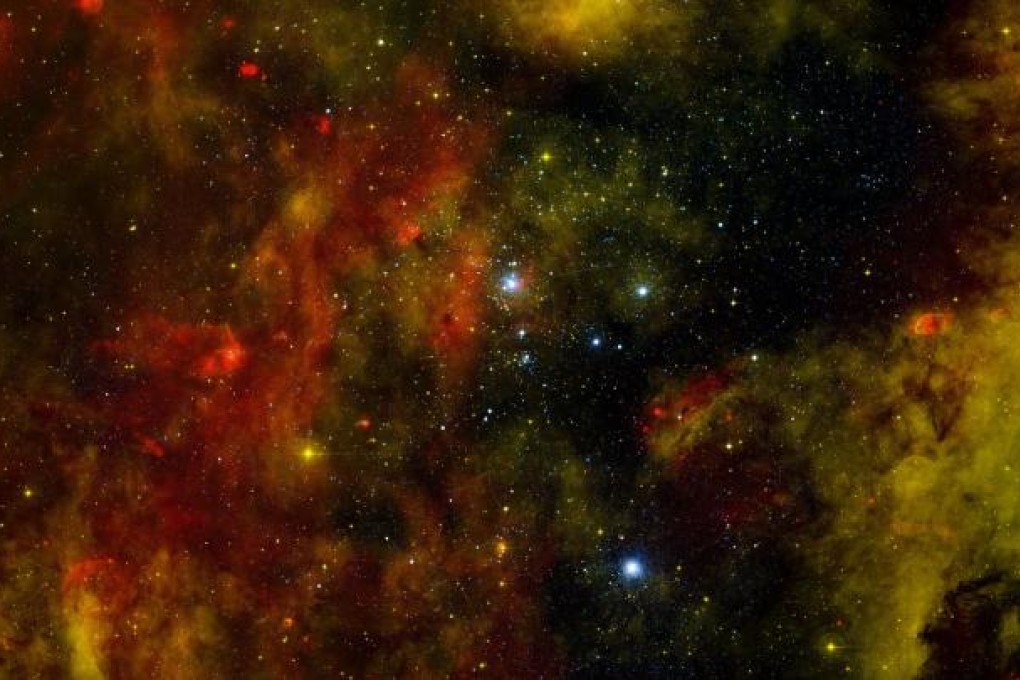Science shows us how ordinary we, and the earth, are
Gwynne Dyer looks at how science increasingly gives us a measure of our true insignificance

In this interval between the struggle to choose the next president of the US and the next leader of China, a delicious moment of sheer silliness: the BBC has banned a science programme because it might trigger an interstellar invasion.
They would not normally ban a programme made by Brian Cox; a particle physicist with rock-star appeal. But they just stopped him making the episode of in which he planned to send a message to aliens.
Cox wanted to point a radio telescope at a recently discovered planet circling another star, in the hope of making contact with an alien civilisation. BBC executives said that, since no one knew what might happen, it could breach "health and safety" guidelines.
Cox knew exactly what would happen: nothing. Even if there are hostile aliens out there, space is so vast that light from the nearest star, travelling at 300,000 kilometres per second, takes four years to reach us. He was just doing his bit in the centuries-old scientific quest to convince people that they were not at the centre of everything.
The BBC "suits", who do think that they are at the centre of everything, weren't having any of that. If there are aliens out there, and they find out we are here, their first reaction will probably be to come here and eat our children. And then the BBC will get blamed for it.
The suits richly deserve the derision that has come their way, but if there really is life elsewhere, and even perhaps intelligent life, then we aren't at the centre of anything any more.
